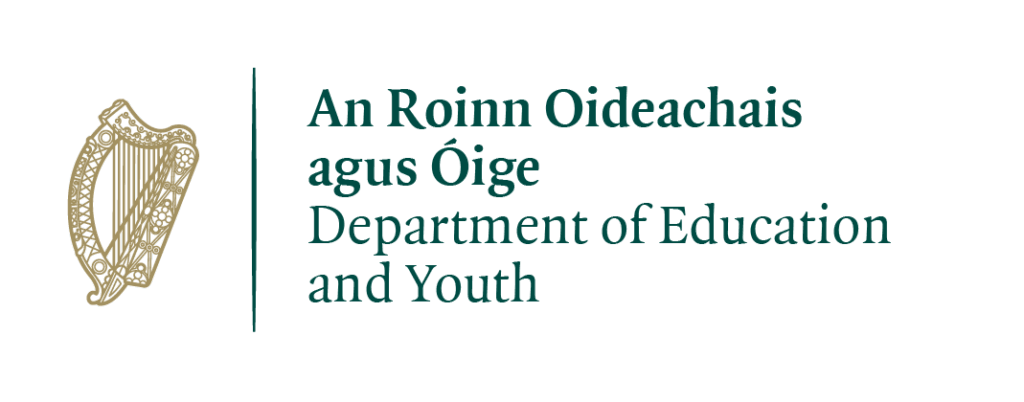Taking Official Language Exams
Often when people think of studying languages, and their options with foreign languages, they automatically think a degree in a language is the way to go. For me, the decision to not continue studying French or Mandarin in university was hard to make, but being able to have my language abilities officially recognised with language certificates was extremely beneficial.
What is an official language exam?
An official language exam is a standardised test that verifies someone’s skills using a language. In Europe, a system called the CEFR (Common European Framework of Reference), which labels different language levels is used. The scale starts at A1 (beginner), and goes all the way up to C2 (most advanced).
Which exam should I take?
Taking any exam is an advantage because having an official certificate is a great addition to your CV, but it’s good to know which exams apply to which languages:
Language Exams you can take in Ireland
French DELF – DALF (tout public) Alliance Française Dublin, Alliance Française de Cork
Spanish DELE Instituto Cervantes Dublin, University College Cork
German Goethe-Zertifikat Goethe Institut Dublin
Italian CELI Istituto Italiano di Cultura Dublino
Japanese JLPT University College Dublin
Chinese HSK University College Dublin, University College Cork
Korean TOPIK
To decide an exam level that is appropriate for you, here are a few different options:
– Look up a mock or past paper for a certain level and see how closely it matches to your current level. If the exam seems really simple and you can easily understand everything, try going a level up. If the exam makes you feel out of your depth, it might be a good idea to look at a lower-level exam.
– Do a self evaluation with the CEFR scale, and see how many things from each list you can do with your foreign language. For this, it’s really important that you be honest with yourself and try not to overestimate your level.
– Get a language professional to assess your level. This can be with a teacher, tutor or with a language institution. Some language institutions offer a free placement test at the start of a given term, whereas others may ask you to pay a fee. Either way, it’s really useful to have a professional point of view because they will be able to pinpoint your strongest and weakest points for your foreign language.
Studying for a test doesn’t sound like the most fun…
Studying for an official language exam can be energy consuming, and it’s a lot of hard work. However, there are no rules that say that it has to be a boring process. Whether it’s listening to music, going to an online language exchange event or using a recipe in a foreign language, everything you do will complement your exam performance.
Upon completing a language exam, you’ll be able to talk about a broad range of topics, and you will have most likely acquired a much more thorough understanding of grammar. If you’re looking to make sure you don’t leave any language skill behind, be it reading, writing, speaking or listening, an official language exam is the way to go.
Not to mention, passing a language exam in the range of B2 to C2 will open doors for you if you want to go to university abroad. If you’re doing a Year Abroad, this general language level range will allow you to study through the language. On a CV, a language certificate tells recruiters that your language skills are undoubtedly up to standard. If you’re doing a language in college, preparing for an exam will also really benefit your grades.
Tips and tricks
Having prepared for and sat different exams for multiple languages myself, here’s some of the best advice I can offer for preparing for language exams.
– Don’t compare yourself to others: During exam preparation, you’re likely to come into contact with other students who are stronger than you in the language, but that doesn’t matter. What matters is that you reach your best level. In fact, watching videos of people taking the oral part of an exam on YouTube can give you a really clear picture of what’s expected from you, and makes the entire process less intimidating.
– Past papers and marking schemes: Especially for the more advanced exams, it’s essential to do past papers so you’re familiar with the structure of the exam, and how to prioritise your time in the exam. Most marking schemes clearly indicate what’s needed e.g. using the subjunctive, having a wide range of vocabulary in order to get top marks in each section.
– Give yourself enough time to prepare: Even if you’re confident you already have the required language level, give yourself enough time to prepare for the exam. It’s a good idea to prepare a few months in advance of a language exam so you can study consistently and sustainably. Trust me, you don’t want to be cram studying three days before your French exam.
– Free resources: While exam prep books and online classes are lifesavers, there is an unlimited amount of free online resources. In particular, YouTube is full of foreign language channels specifically dedicated to language exam preparation.



